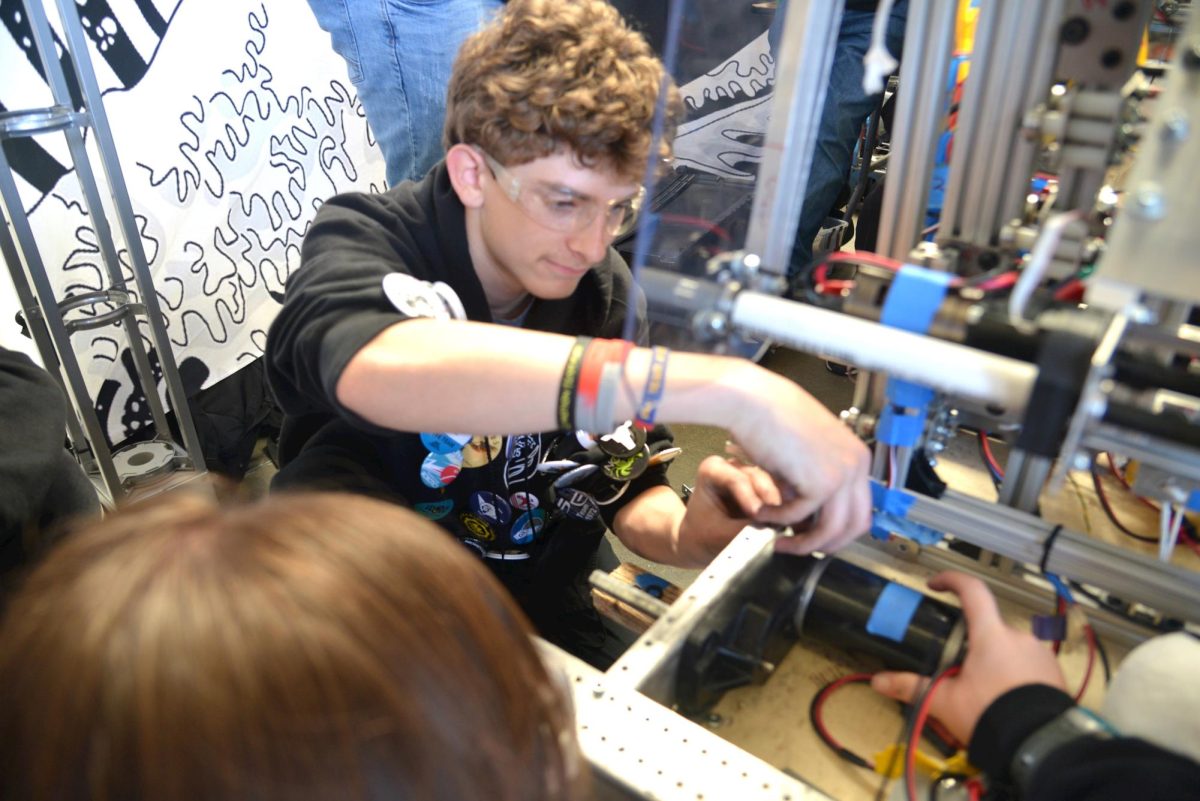Stress Inducing National Exams
Students’ knowledge of a year’s worth of information is put to the test in the span of a few hours. The incredible amount of pressure students experience relief on the day of their exam.
As the school year comes close to the end, it’s the time of the year where students begin to cram everything they have learned into a week of review and studying for a singular exam that determines whether they receive college credit or not.
Advance Placement testing, or AP testing, are college-level exams on specific subjects that occur in the first two weeks of May after the completion of the AP curriculum. Advance Placement is a course created by the College Board that allows high school students to take college level classes and examinations.
These tests, which may seem like any other test, are anything but, with the pressure of getting a score that determines if you receive college credit. It is scored out of 5, the lowest score being a 1 and the highest being a 5. No matter what the grade in the class you have prior to the test, the only thing determining whether you get credit or not is your score on the exam.
Depending on the subject and college you are referring to, in order to pass these AP tests, students must end with a minimum score of 3 or 4. Some AP exams are notably harder with a lower pass rate compared to other AP courses.
The stress of having to recall an entire year’s worth of information and the pressure of passing the exam is a commonality amongst the majority of AP students. In addition to the stress of just one AP course, many students challenge themselves and take multiple of these college level courses as high schoolers.
Neve Walker, ‘23, who is taking 4 AP classes in just her Junior year, agrees that the amount of stress facing students to do well is incredibly high.
“Not only do you have to understand the whole subject, but you have to compete with your fellow students to do better than them,” Walker said.
The AP test is graded on a curve, so in order to pass and get a good score you have to outscore other test takers.
Reese Covington, sophomore at Cathedral Catholic High School, is enrolled in AP World History.
“The amount of stress I had for the test was immense as I would constantly remind myself of things I had to review in order to do well,” said Covington.
Covington continues to express the preparation she had to do for the test which included, “any free moment of time, I had felt obligated to review my notes or study for the test.”
Though many students, like Covington, prepare and study for the AP exam, stress continues to consume them and has a detrimental effect on their lives. The combination of a student’s own pressure they place on themself and the pressure of having one test to determine the outcome of the course only leads to an unnecessary amount of stress.
“The morning of, I was so nervous that I felt I couldn’t even eat,” Covington states as she explains the effect that her AP World History exam had on her.
Junior attending CCHS, Avery Deguzman, is taking the AP Psychology course, which proves to be challenging and stressful, like many other AP courses.
“I knew going into this course the AP exams were known to be stressful and more time consuming, but recently it has taken a toll on my mental health,” Deguzman said.
Taking away one’s ability to eat and even placing a toll on a student’s mental health should not be the standard of taking an exam but unfortunately, numerous students face similar situations in light of the stress and pressure the College Board implements through these exams.
This environment that the College Board creates is an atmosphere built on the stress, time and pressure that sadly almost all high school students experience while being enrolled in the courses.





















































